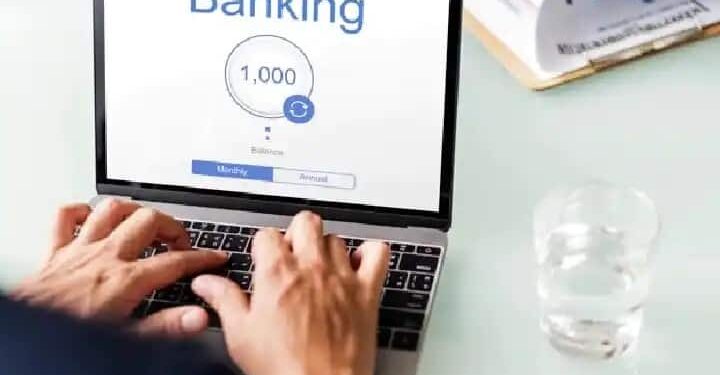The country’s banking sector has undergone a number of significant shifts since the beginning of the month of December. Better banking amenities will be available to customers as a result of these changes. The Digital Rupee was introduced by the Reserve Bank of India (RBI) as a test project on December 1, 2022.
The eagerly anticipated retail digital rupee was made available by the Reserve Bank of India on December 1 as part of a closed-user group test operation.
Additionally, there are significant changes that will take effect in December that you need to be aware of if you have a credit card, want to apply for one, or receive SMS alerts from a bank.
Launch of digital rupees:
As part of the First Pilot Project, the Reserve Bank of India (RBI) introduced the retail Digital Rupee (e-R) on December 1.It is also referred to as CBDC or Central Bank Digital Currency by the majority of people.
The RBI introduced this digital currency to encourage cashless transactions. Because of this new technology, there will be a new way to pay.
A digital currency can be purchased once by customers and transferred between wallets. You can use it to pay for anything you buy.
Eight banks from the RBI are taking part in this pilot program. It is expected to start in its underlying stage with State Bank of India (SBI), ICICI Bank (ICICI Bank), Yes Bank (YES Bank), and IDFC First Bank in Mumbai, New Delhi, Bengaluru, and Bhubaneswar.
SMS alert for low balance:
As of December 1, 2022, Yes Bank will no longer provide the SMS alert service, which requires a membership. In the past, the bank offered SMS alerts for account balance, debit and credit activity, and credits. However, as of right now, nothing is open. SMS alerts have been banned as a result of an increase in instances of data theft and fraud.
If you want to continue receiving these SMS alerts in your account, you can take advantage of this feature by utilizing the online service provided by the bank.
Soon, repo rate hike:
A change to the repo rate is expected to be made public by the RBI on December 7.The Monetary Policy Committee has increased the repo rate to 5.90 percent in order to combat inflation. Inflation should stay below 6%, which is the MPC’s goal, but it hasn’t happened in the last three quarters.
In this regard, experts predict that the repo rate will rise by 25 to 50 basis points in December and assert that interest rates are not yet at their highest levels. Additionally, it is believed that the rate increase cycle would soon end.
According to the terms of the loan agreements, banks will raise interest rates on home loans and other loans that are tied to the repo rate as an external benchmark in the event of a further rate increase.
Credit Card Minimum Payments:
In October, the RBI had asked banks and organizations that issue credit cards to set the minimum amount due. So, cardholders won’t have to worry about overpaying or getting into debt. The new rules require credit card issuers to set a minimum amount that must be paid in order for payments to be made on time.

























